If the background image is replaced on your desktop with a picture of Pikachu, it is quite possible that the harmful DetoxCrypto Ransomware took over the computer. This Ransomware is very mysterious, and it is still not known access as they on the computer of users. Very likely, various attacks are used for the infiltration of this infection, and you are most likely exposed her about malicious spam emails. The infection in spam emails that use the logos from Facebook, Twitter, Instagram, Amazon and PayPal could be hidden according to our researchers. Nevertheless you should be careful on all spam emails which are sent and not expected by unknown senders. It was noted that the payload of this infection in the PokemonGO.exe could be hidden. If you download this file, you should delete it immediately to prevent the encryption of your personal data. Unfortunately, the distance brings the DetoxCrypto Ransomware, after she has encrypted the data, no solution.
According to the last information, the DetoxCrypto Ransomware has two different versions, one of them is known as a “PokemonGO” version, which is almost identical to the PokemonGO Ransomware and the “Calypso” version. In any case, this malicious threat will attempt to encrypt your personal files by using the AES or RSA encryption. Media files (such as MP3, AVI and MOV), images (such as GIF, JPG and BMP) and even your documents (such as, DOC, TXT, and PDF) could be drawn from this infection affected. It seems that the infection the data in the Windows directories, and programs (x 86) leaves, which are these typically system files and not personally identifiable. Different than most threats the DetoxCrypto Ransomware adds no unique extensions to help you to find out which files were encrypted. It seems to create text files that explain what is happening. Instead, this threat replaces your regular desktop wallpaper with a picture showing the ransom demand. Also, a window (which carries the name “Pokémon”) may seem, that shows you the claims.
The creators of the DetoxCrypto Ransomware want that you buy 3 Bitcoins – send a specific Bitcoin address which is currently approximately 1540 euro – and payment. The public key is made available, you need but also a private key, and you can only get it by contact the cyber criminals. The contact365@mail2tor.com, pokemongo@mail2tor.com or another E-Mail address could be given to them. You need to think carefully about whether you should or not contact the cyber criminals. If you do this, use your regular E-Mail address not at least because you could flood the Cyberschurken with other malicious spam emails in the future. Generally, the only thing they are interested in, is your money, and if you pay the ransom, they accept no responsibility for decrypting your files. Unfortunately, this means that your files, even if you sacrifice your savings, could remain encrypted. The good news is that it is unlikely that your files are actually encrypted. We advise you to check your files to see whether you can open them all. If you find that your files are locked, check of course whether you may have back-up copies of them. Also try to use legitimate file decryption tools.
Of course, paying the ransom demanded by the DetoxCrypto Ransomware is extremely risky. The amount that is required to decrypt your files is extremely high, and there is no guarantee that the cybercriminals will decrypt your files at all. Hopefully, you have to do it, that even encrypted any files with the version. With regard to the removal, our research team recommends that you install anti-malware software to eliminate malware automatically. Keep in mind that your operating system with many other threats could be infected, and only trusted anti-malware software can get rid at once everything. Manual removal of DetoxCrypto Ransomware is also possible, but you must remember that the files and the folders in which they are located, can be named differently for each case. If you have confidence in your skills and knowledge, to find malicious components, follow the instructions below. After you have completed the procedure, be sure to check your operating system to find remnants using a malware scanner.
Remove the DetoxCrypto Ransomware
- Right click You Ransomwareund delete Launcher you it (such as PokemonGO.exe).
- Press Win + Eto start the Explorer .
- In the box, type % userprofile % above.
- Search for a folder that contains the malicious files named Calipso . If it exists, delete you them.
- Open the downloadsfolder.
- Right click On the folder that contains the harmful components called Pokémon and delete you them.
- Enter %APPDATA%\Microsoft\Windows\Start Menu\Programs\Startup\ in the address bar. When Windows XP, you must enter %USERPROFILE%\Microsoft\Windows\Start Menu\Programs\Startup .
- Right click On the malicious .exefile (such as Pokemon.exe) and delete you them.
- Install You a trusted malware scanner to your operating system after remnants to check.
Warning, multiple anti-virus scanners have detected possible malware in DetoxCrypto Ransomware.
| Anti-Virus Software | Version | Detection |
|---|---|---|
| Kingsoft AntiVirus | 2013.4.9.267 | Win32.Troj.Generic.a.(kcloud) |
| ESET-NOD32 | 8894 | Win32/Wajam.A |
| Qihoo-360 | 1.0.0.1015 | Win32/Virus.RiskTool.825 |
| Baidu-International | 3.5.1.41473 | Trojan.Win32.Agent.peo |
| McAfee-GW-Edition | 2013 | Win32.Application.OptimizerPro.E |
| Malwarebytes | v2013.10.29.10 | PUP.Optional.MalSign.Generic |
| Malwarebytes | 1.75.0.1 | PUP.Optional.Wajam.A |
| VIPRE Antivirus | 22224 | MalSign.Generic |
| Dr.Web | Adware.Searcher.2467 | |
| Tencent | 1.0.0.1 | Win32.Trojan.Bprotector.Wlfh |
DetoxCrypto Ransomware Behavior
- Integrates into the web browser via the DetoxCrypto Ransomware browser extension
- Modifies Desktop and Browser Settings.
- Distributes itself through pay-per-install or is bundled with third-party software.
- Common DetoxCrypto Ransomware behavior and some other text emplaining som info related to behavior
- Changes user's homepage
- Redirect your browser to infected pages.
- DetoxCrypto Ransomware Shows commercial adverts
- Steals or uses your Confidential Data
- Installs itself without permissions
- DetoxCrypto Ransomware Deactivates Installed Security Software.
- Slows internet connection
- Shows Fake Security Alerts, Pop-ups and Ads.
DetoxCrypto Ransomware effected Windows OS versions
- Windows 10
- Windows 8
- Windows 7
- Windows Vista
- Windows XP
DetoxCrypto Ransomware Geography
Eliminate DetoxCrypto Ransomware from Windows
Delete DetoxCrypto Ransomware from Windows XP:
- Click on Start to open the menu.
- Select Control Panel and go to Add or Remove Programs.
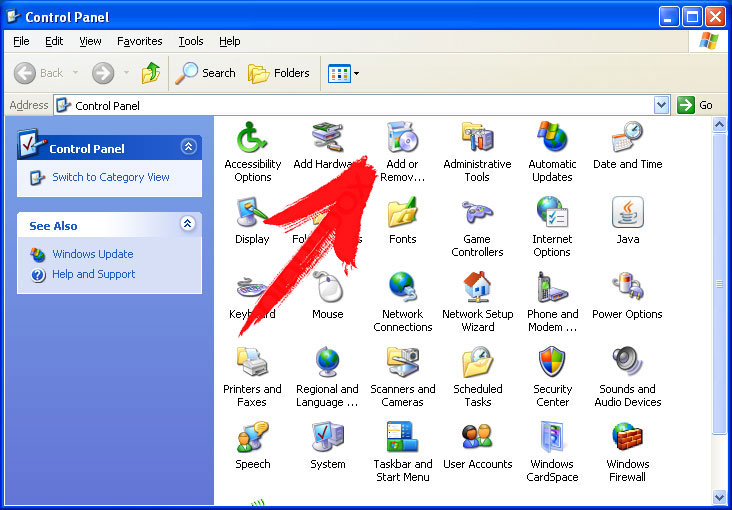
- Choose and remove the unwanted program.
Remove DetoxCrypto Ransomware from your Windows 7 and Vista:
- Open Start menu and select Control Panel.

- Move to Uninstall a program
- Right-click on the unwanted app and pick Uninstall.
Erase DetoxCrypto Ransomware from Windows 8 and 8.1:
- Right-click on the lower-left corner and select Control Panel.
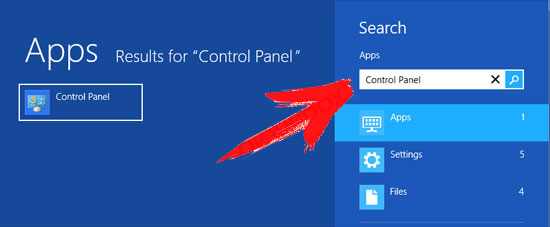
- Choose Uninstall a program and right-click on the unwanted app.
- Click Uninstall .
Delete DetoxCrypto Ransomware from Your Browsers
DetoxCrypto Ransomware Removal from Internet Explorer
- Click on the Gear icon and select Internet Options.
- Go to Advanced tab and click Reset.
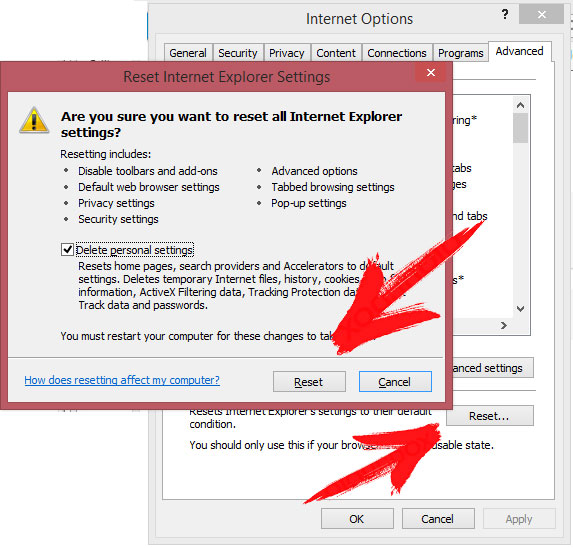
- Check Delete personal settings and click Reset again.
- Click Close and select OK.
- Go back to the Gear icon, pick Manage add-ons → Toolbars and Extensions, and delete unwanted extensions.
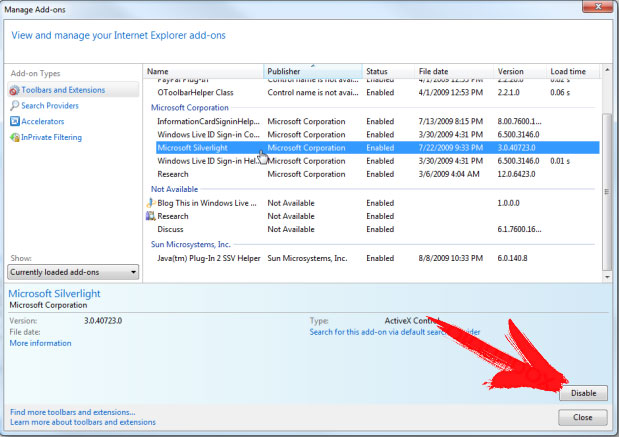
- Go to Search Providers and choose a new default search engine
Erase DetoxCrypto Ransomware from Mozilla Firefox
- Enter „about:addons“ into the URL field.
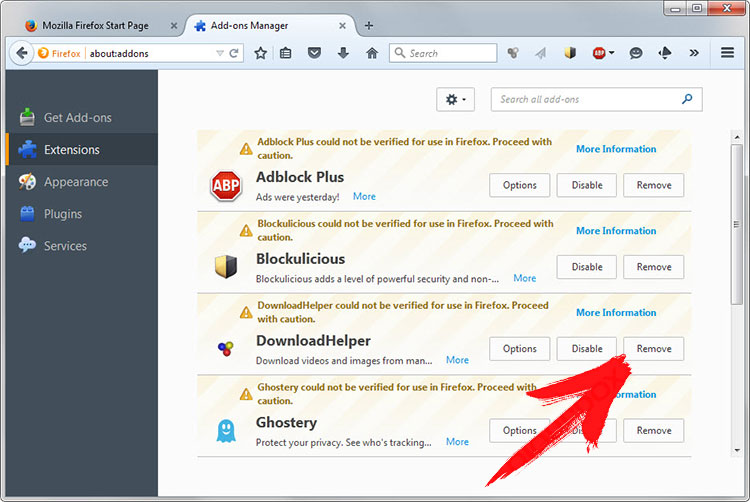
- Go to Extensions and delete suspicious browser extensions
- Click on the menu, click the question mark and open Firefox Help. Click on the Refresh Firefox button and select Refresh Firefox to confirm.
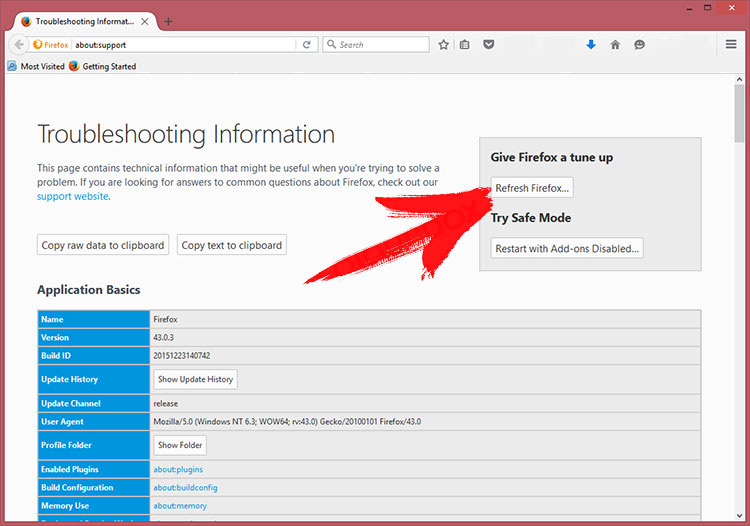
Terminate DetoxCrypto Ransomware from Chrome
- Type in „chrome://extensions“ into the URL field and tap Enter.
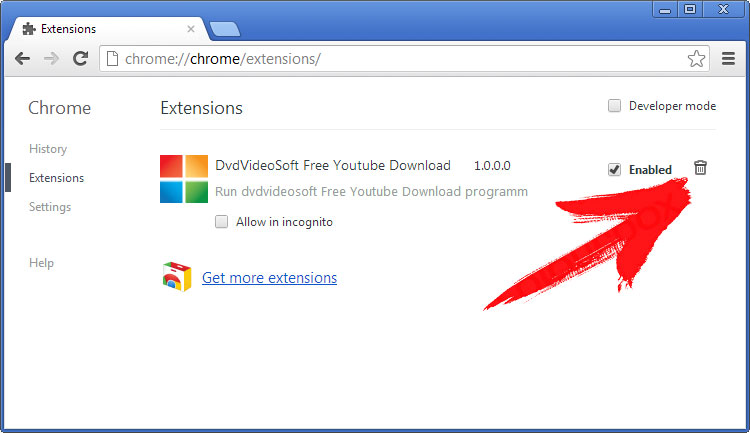
- Terminate unreliable browser extensions
- Restart Google Chrome.
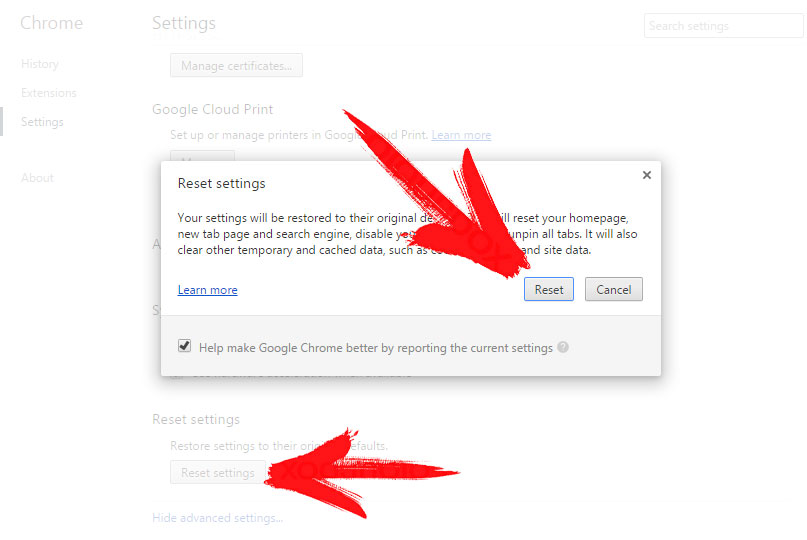
- Open Chrome menu, click Settings → Show advanced settings, select Reset browser settings, and click Reset (optional).